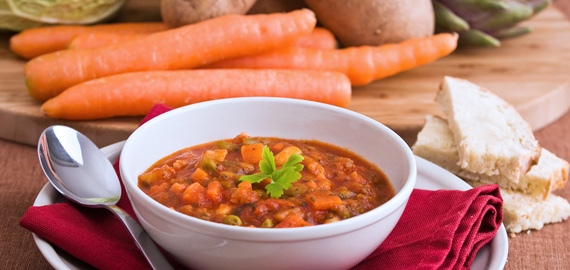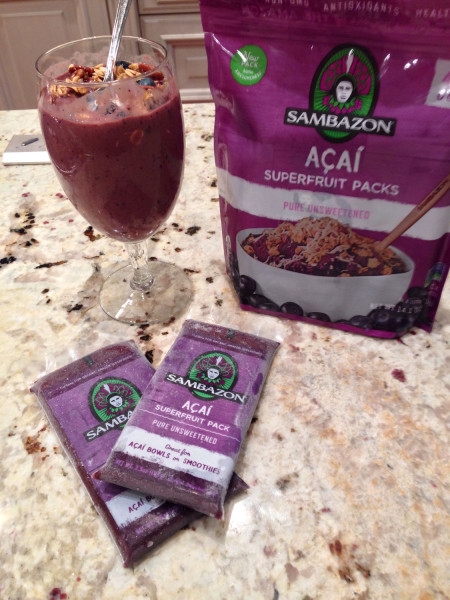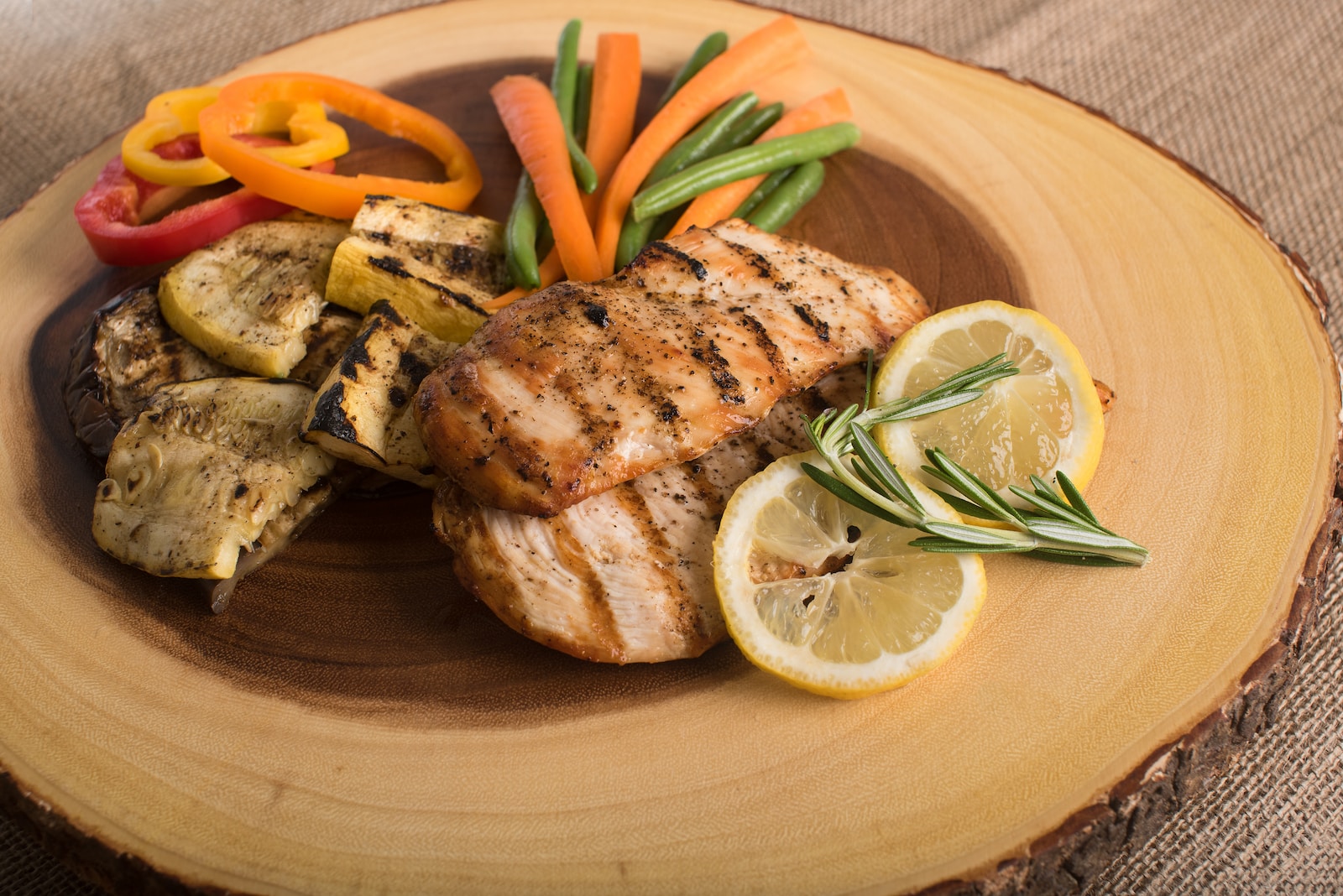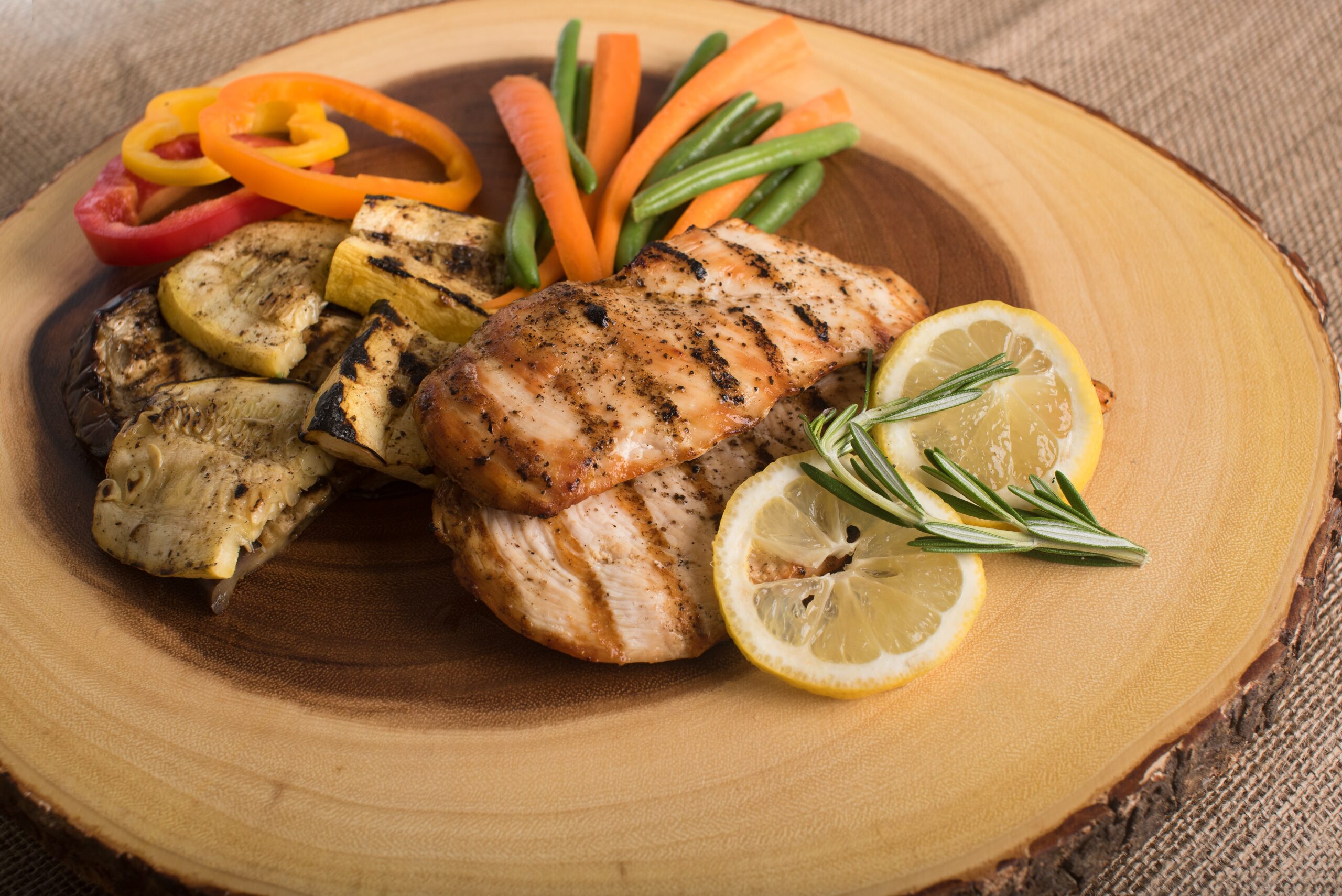Your Post Season Diet

Your Post Season Diet
After a long successful race season, most athletes welcome the offseason as a time to rest and recover. With structured training sessions in our rearview mirror it becomes more difficult to navigate the post race season eating with less training structure. As volume and intensity decrease along with a slacker diet, weight gain becomes inevitable. And, to a point this is okay as the psychological break from being “on” all the time is a welcome change – and one we need. The problem comes in when weight gain gets out of hand.
Use these tips as your nutrition guide in the offseason – and during the holidays.
Tip #1: Adjust and Balance Food Intake
Now that our workouts aren’t as demanding, it is important to adjust food intake to match the physical output.
- Reduce carbs slightly. They should still be present at every meal/snack but not as abundantly as when training volume is high and glycogen stores are constantly being depleted. The best carb choices are whole foods such as oatmeal, legumes/beans, brown/wild rice, starchy vegetables, fruit, and whole wheat bread.
- Prioritize protein at each meal. Protein stabilizes blood sugar, helps control satiety and hunger, maintains muscle tissue and should be a part of each meal/snack. The best choices are: low-fat dairy (cow and soy milk, Greek yogurt, cottage cheese), lean meats, eggs, tofu, and tempeh.
- Include healthy fats. Don’t be afraid to incorporate healthy fats into your nutrition plan. Best choices: olive and coconut oils, nuts, nut butter, avocado, lean meats, fish, eggs.
- Sports nutrition supplements are crucial to an Ironman athlete’s training and racing performance. However, in offseason when the focus is aerobic base and not performance, additional nutrition support is not needed. By having a balanced meal or snack before/after your two to three hour Zone 2 ride, water and electrolyte beverages will be sufficient.
Tip #2: Hydration
With the cooler temps, athletes tend to not feel as thirsty during workouts and throughout the day as compared to the hot and humid climate. However, properly hydrating is important in all temperatures. Aim to consume at least half your body weight in oz water and increase 16-20oz/hr for every 1 hr of exercise. In addition to water, improving fluid balance can be achieved by eating high water content fruits and veggies.
Tip #3: Mindful Eating
Studies show that emotional eating is the number one reason we overeat followed by external cues, then taste and finally hunger. Infants are very attuned to their hunger and fullness; once they are full they will not eat anymore. By the age of 5 years old, we have learned either by consumption norms, genetic predispositions or emotional eating to ignore our body’s cues of hunger and fullness. My suggestion for the offseason is to pay attention to what your body is telling you. If you are no longer hungry stop eating and if you find yourself aimlessly snacking, ask your self why you are eating.
Tip #4: Holiday Indulgences
We can’t ignore with the holiday festivities approaching that the most decadent dishes are in abundance during the offseason. At holiday parties focus on the company and conversation and choose not to focus on the food. When food is visible, we tend to eat more than double what we would eat if the food were either not visible or more than 6 feet away (we have to get up to get more). One way to make chocolates or candies less tempting is by NOT putting them in dishes around your house or at work. In fact, move them to where you can’t see them or to your coworker’s desk. J Out of sight, out of mind! If you are at a party and there is a food buffet, choose a smaller plate and fill up on fruits/veggies first.
Alcohol reduces inhibitions and therefore we tend to eat more when drinking. Plus, alcohol provides nutrient void calories. If you choose to drink, eat healthy foods first so you are less likely to overeat and overdrink. Prioritize what is important and make good decisions.
Tip #5: Moderation
Regardless of in season or offseason, the 80/20 rule maintains. Allowing indulgences on special occasions is perfectly fine 20% of the time when you eat well-balanced meals/snacks and avoid overeating 80% of the time. Having a healthy relationship with food is part of having slip-ups and then getting right back on track without beating yourself up.
While the offseason is a time to celebrate and have a break from the stress of structured training, it is not a time to for unnecessary weight gain. Keep your weight and nutrition plan in control with balanced meals, mindful eating, not misreading thirst for hunger, and eating in moderation. You will be doing yourself and body a favor by limiting weight gain this season while maintaining healthy eating habits and starting off the new training season with a healthy, strong and fit body.









